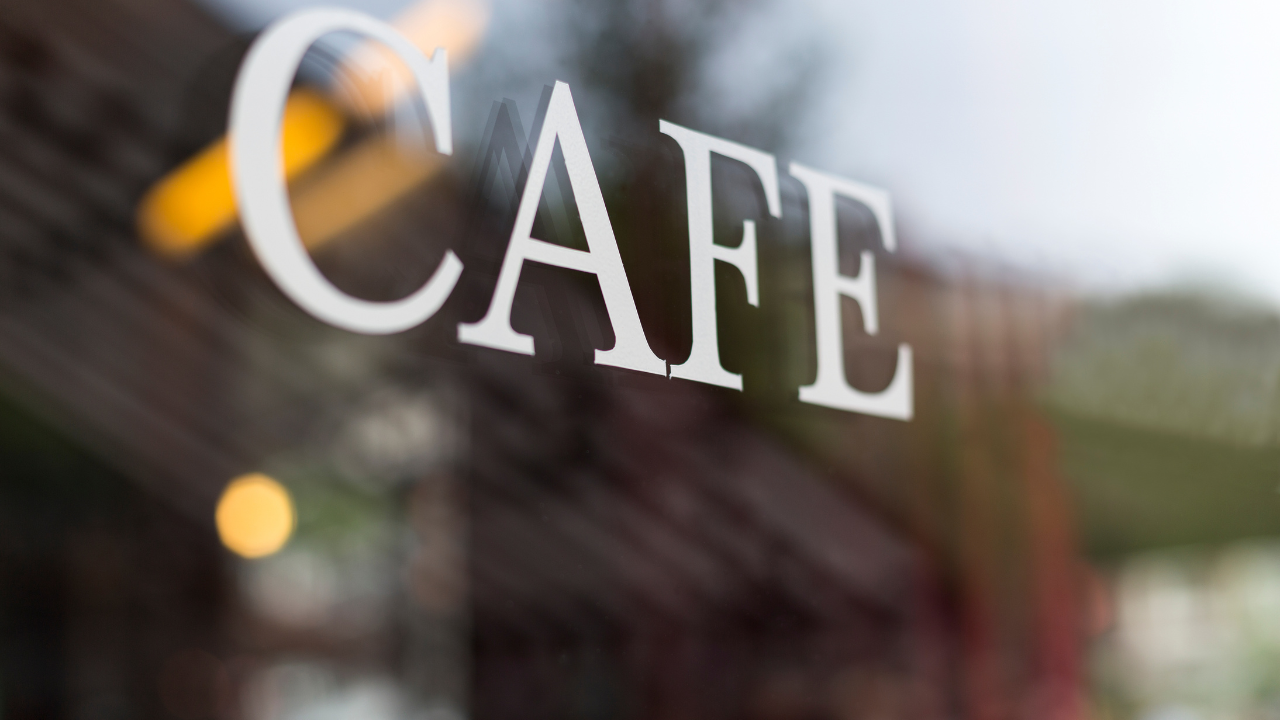
How to Use French Prepositions Correctly
Apr 02, 2023Bonjour, my fellow French learners! Are you ready to dive into the world of French prepositions? I know, I know, it can be a little intimidating, but don't worry, we've got you covered. In this article, we'll give you some tips and tricks to master French prepositions and avoid those awkward moments with the locals.
Let's start with the basics: prepositions are those pesky little words that come before a noun, pronoun, or infinitive, and that show the relationship between that word and the rest of the sentence. In English, they're usually easy to spot because they're short and sweet, like to, from, in, or on. But in French? Oh, boy, they can get pretty complicated.
But fear not, my friends! With a little bit of practice, you'll be able to master French prepositions like a boss. Here are some tips to get you started:
➤ Accept the fact that prepositions are weird
Yes, you heard me right. Prepositions in French are just plain weird. Some of them have multiple meanings, some of them change depending on the gender and number of the noun they refer to, and some of them just have no English equivalent whatsoever. But hey, that's what makes learning French fun, right? Embrace the weirdness, and you'll be well on your way to mastering those prepositions.
➤ Learn the most common prepositions
Before you start memorizing all the prepositions in French, it's a good idea to focus on the most common ones. Some of them are used all the time, like à (to), de (of, from), pour (for), and avec (with). By mastering these prepositions first, you'll be able to understand and communicate a lot better in everyday situations.
➤ Use mnemonics to remember tricky prepositions
Let's face it, some prepositions in French are just plain tricky. Like chez, for example. It means at the house of or at the office of, but it's used in a lot of other situations too, and it has no direct English equivalent. So, how do you remember it? Simple: think of chez as chez moi, which means at my house. See, that wasn't so hard, was it?
➤ Practice, practice, practice
As with any language skill, the key to mastering French prepositions is practice. Try using them in everyday situations, like ordering food at a restaurant, asking for directions, or talking about your hobbies.
➤ Memorize Irregularities
Now, I know what you're thinking: “But what about all the exceptions? The irregularities? The weird gender and number agreements?” Don't worry, my friend, we've got that covered too. Here are some of the most common exceptions to keep in mind:
- The preposition à becomes au in front of masculine singular nouns, like au restaurant (at the restaurant).
- The preposition à becomes aux in front of plural nouns, like aux amis (to friends).
- The preposition de becomes d' in front of a vowel or silent h, like d'amour (of love) or d'homme (of man).
- The preposition en can mean in or on, depending on the context. For example, en ville means in town, while en été means in the summer.
- The preposition sur can mean on or about, depending on the context. For example, sur la table means on the table, while un livre sur la France means a book about France.
➤ Conclusion
See, not so bad, right? With a little bit of practice, you'll be able to master French prepositions like a native speaker. And trust me, it's worth it. Being able to use prepositions correctly can make a huge difference in how well you're able to communicate and connect with the locals.
→ Are you ready to take your French skills to the next level? Enroll in our French course today and start speaking like a native in no time!









